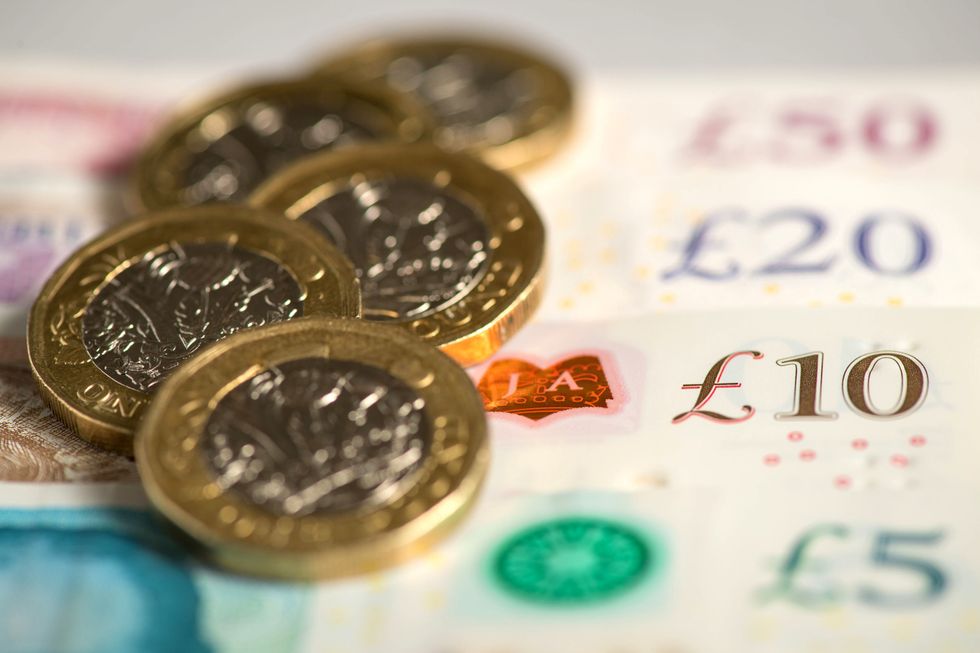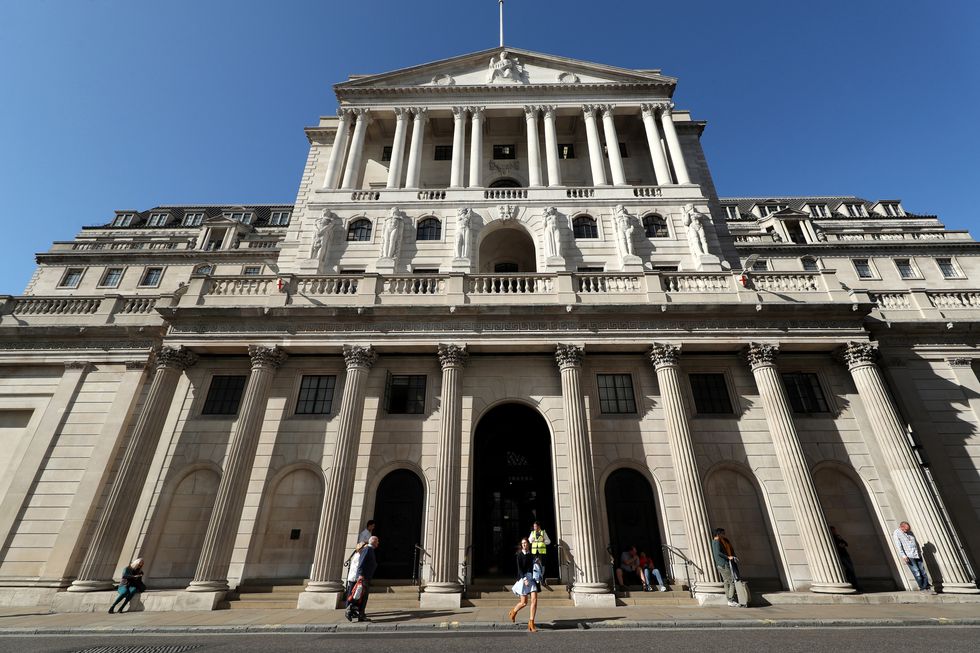Don't Miss
Most Read
Trending on GB News
The Bank of England said that it would hike interest rates by 0.5 percentage points to 1.75 percent on Thursday.
It is the largest single hike for 27 years, and the highest that interest rates have reached since January 2009.
The Bank of England is tasked with keeping inflation under control, targeting two percent a year.
But in recent months inflation has started to run away. It hit 9.4 percent in June and is expected to spike to 13.3 percent in October, according to a new forecast from the Bank.
Dominic Lipinski
The Bank of England
Yui Mok
By increasing interest rates, the Bank makes it more expensive to borrow money, so people are likely to spend less.
If people, and businesses, are forced to spend less, demand will decrease, and prices will fall, or at least the rises will mellow.
The most obvious impact the hike will have on people is that it will become more expensive for people to pay off their mortgages.
People taking out a new loan will soon be quoted a higher interest rate as a result of the Bank’s change.
And those whose mortgages are being renegotiated will likely have to deal with larger bills than they had in the past.
Trade association UK Finance said that the rate rise would likely cost the average person with a tracker mortgage around £600 a year.
Some savers will benefit a little as the banks they keep their money with are likely to increase the amount of interest they pay on deposits.
But less than a third of the interest rate hikes since November, when the Bank started increasing rates, have actually made its way to savers.
The impact of the increased interest that savers get will also be more than offset by inflation, which is more than decimating savings.












